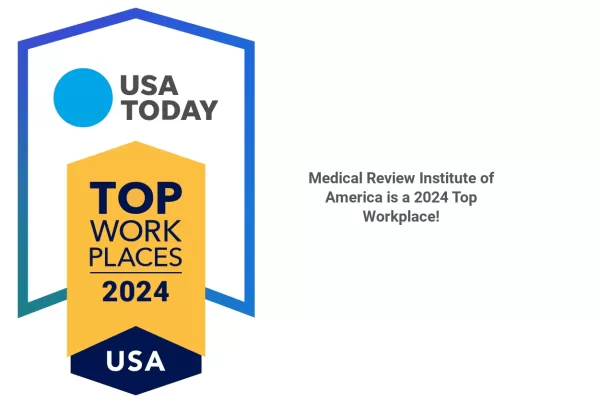
It’s no secret that 2022 has revealed staggering levels of inflation. The most updated inflation data¹ contains year-over-year data from October 2021 to October 2022, which discloses a 7.7% rate of overall inflation.
In contrast, medical inflation at its latest was measured to be at 5.0%. Although medical inflation is almost 3% lower than overall inflation, the medical system is expected to catch up to the overall rate in 2023, passing costs onto businesses and consumers.
Medical Devices
Due to supply chain issues, medical device companies are facing challenges in producing equipment that requires electronic parts, plastic, resin, and other essential materials. It’s expected that the demand for medical devices will severely outpace supply, especially after the delay in elective and preventative care in 2020 and a large part of 2021 is still catching up.
The Wall Street Journal² argues that medical device companies will continue to benefit from a lagging supply chain, which artificially inflates demand and urgency for their own devices. The increased cost of supplies also assist to justify their price increases.
Health Insurance
The Bureau of Labor reports that health insurance inflation increased an average of 28%, which is the sharpest increase since 2006. The Medicare reimbursement rate is also the highest it’s been in 15 years, at 4.3%.
Even though the 4.3% figure is less than the overall inflation, it’s expected that the remainder will increase into 2023 and even 2024, due to a lag that typically occurs with healthcare insurance prices.
Business Impact
Due to inflation, the cost of all healthcare staffing will also increase. Due to the job market and the 2020 and on “Great Resignation”, employees aren’t afraid to ditch jobs they feel aren’t compensating them sufficiently to pay their bills.
As health insurance costs are increasing by nearly 30%, the cost of benefits will also increase. Some companies will absorb the cost, but a large portion will be passed onto consumers in the form of higher healthcare premiums. Although dangerous, it’s possible that more Americans may choose to forgo health insurance in hopes of avoiding health insurance costs in the upcoming years.
Final Thoughts
It’s not possible to predict all the outcomes of medical inflation at the moment. And one element in particular remains a mystery: Who is winning? With increased costs of goods, supply chain issues, increased CMS reimbursements, increased health insurance, and increased labor costs, it seems like everyone will be paying for medical inflation in 2023.
Interested in growing your ROI next year without hiring additional staff? Contact us to learn more about our utilization management solutions.
2. https://www.wsj.com/articles/inflation-supply-chain-woes-hit-medical-device-makers-11668277737



